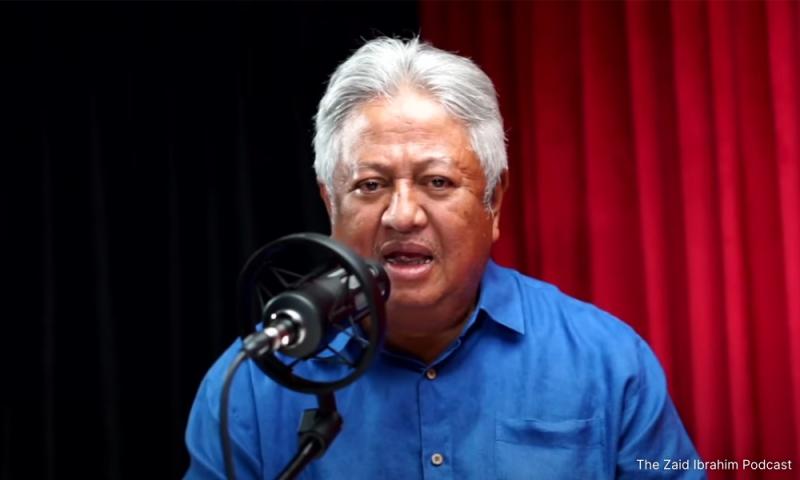Uber, the company that connects riders to drivers, provides a service that is enjoyed and trusted by people in more than 70 cities worldwide. Uber brings benefits to the common people, especially at this time when the costs of living is on the increase. This is why the government should celebrate its arrival and facilitate its growth.
It is unfortunate that there are rumours about unhappiness among the authorities, especially at the Land Public Transport Commission (Spad). Instead of celebrating the arrival of a service that consumers want, it sounds as if Spad is more interested in protecting those with vested interests who monopolise taxi permits.
The main criticisms against Uber rest around three issues: public safety, competition with existing taxis, and compliance with Malaysian regulatory framework. These are distinct issues that must not be mixed up.
We recognise that regulations are necessary to ensure public safety. There are existing laws and regulations that should be properly enforced when a crime takes place and to prevent mishaps. Most importantly, we know that consumers would ditch Uber if they are worried about their safety. The fact that many are opting for Uber even when it is not regulated says a lot about the current level of public trust in the safety of the regulated taxi services.
Why are the authorities looking at Uber when public sentiment clearly indicates where their attention should be directed if they really want to ensure public safety?
With regard to competition against existing taxis, it would be ridiculous to declare Uber illegal when its popularity is the result of it being perceived as providing better services and at lower costs. The authorities should champion consumers and the common people by facilitating Uber’s growth.
The authorities should not protect connected businessmen who monopolise taxi permits because they obviously have vested interests. The solution is not to ban Uber. Instead, we must improve taxi services to match Uber’s standards.
Compliance with Malaysian laws is absolutely necessary. The arrival of Uber makes obvious that the regulatory framework governing taxis in Malaysia is outdated.
Instead of holding on to regulations that are anti-competitive and monopolistic, Spad chairperson Syed Hamid Albar could become a hero if he takes this opportunity to completely revamp the rules so that taxi drivers can own their cars and permits, keep the money that they make, and consumers can get better quality at lower prices.
Uber’s arrival is a call for Spad to start living in the real world. The increased competition that Uber brings is beneficial to consumers as we now have more ways to save money. If Uber grows, more drivers would benefit because they get to keep most of their money while driving better cars.
These are the things that Spad should encourage in Malaysia. But they can only do it if they shift their attention from protecting those with vested interests to championing the welfare of taxi drivers and consumers.
The Institute for Democracy and Economic Affairs (IDEAS) is an independent cross-partisan think-tank that promotes market-based solutions to public policy challenges. Our purpose is to advance market-based principles, and we are not bound by party politics, race or religion. Our mission is to improve the level of understanding and acceptance of public policies based on the principles of rule of law, limited government, free markets and free individuals.




